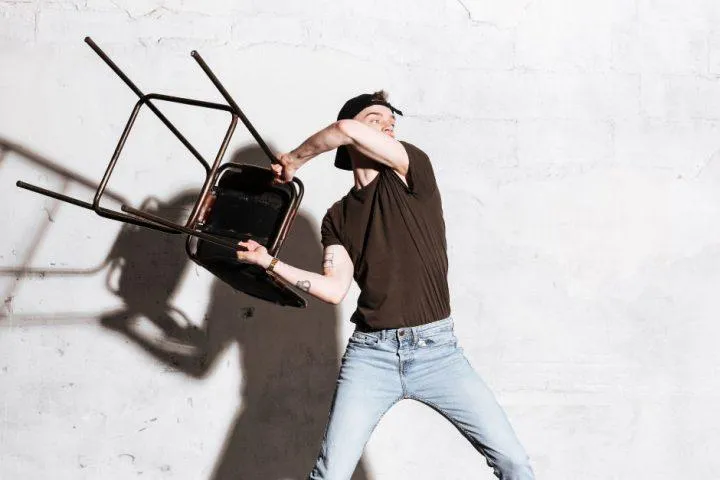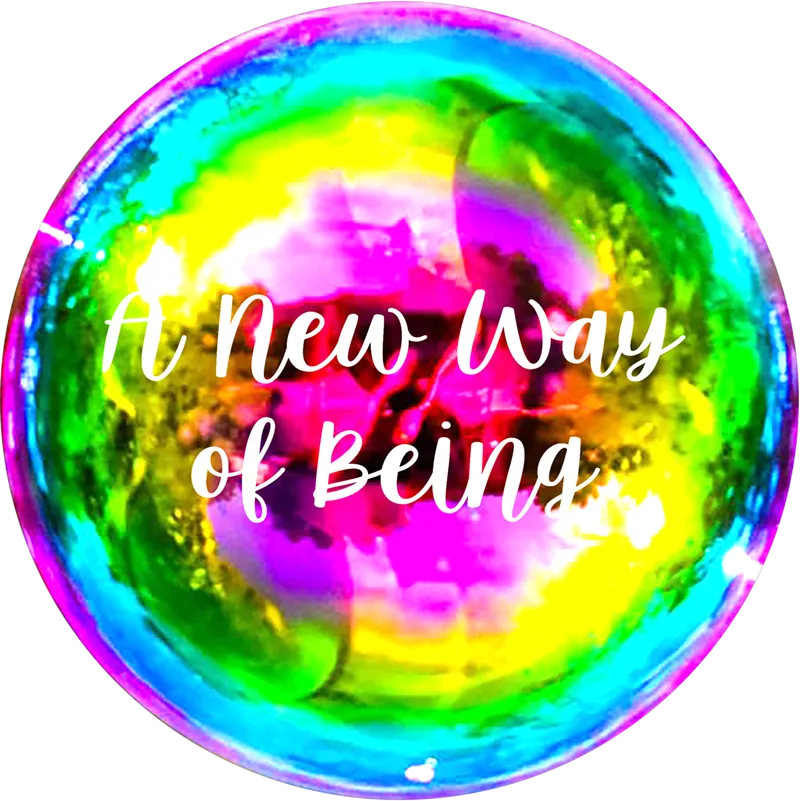General Enquiries and Booking Information:info@anewwayofbeing.co.uk |
BLOG
Welcome to our new blog.
Join us here to learn and share information about all aspects of working with children and young people.
Whether you are a parent, carer, teacher, teaching assistant youth worker, grandma, or any other childcare professional we hope that you will find some useful tips and tools from our shared experiences. Advice
that can support you to further develop your parenting or professional skills. You will find information on inspiring, educating and empowering young people, session plan ideas, challenging behaviour and how to self-regulate when meeting the challenges that young people may present us with. We offer guidance around therapeutic approaches to work with young people and lots of other useful information that we use daily in our work with young people.
We are always open to feedback and suggestions so if there are themes that we have not covered that you would like to see included then please feel free to reach out and get in touch.
We hope you enjoy 😊

That chair I just threw, is really me saying I am not coping!
I am sure as Parents, Teachers, and Professionals we have all experienced times when young people present us with challenging behaviour. Little johnny hiding under the chair refusing lessons, perhaps running around the playground refusing to come in, shouting and screaming possibly even throwing the odd chair or shoe in your direction. It is in these testing moments that self-awareness and self-regulation are the most vital tools we can use to enable us to develop collaborative problem-solving skills, seek out the root cause of the behaviour and de-escalate challenging situations.
This short read will offer up some insight as to why we feel young people may display challenging behaviour, The challenges and stress responses this may cause for us and a wonderful little micro practice that you can use to regulate and de-escalate; the self-first and then the child or young person you are engaging with .
Ask yourself this question do you ever wake up in the morning and just set the intention to do as awfully as you can and be as horrible as you can be?
I would imagine the answer to this for all of us is no! The vast majority of us like to do the best that we can! But we are only able to do so with the skills and tools that we have available to us.
We recognise the vast and complex nature of challenging behaviour and the possible wide varying personal, social, environmental and collective associated reasons for it. But we also recognise that no young person that we have supported in 20 years has ever not wanted to achieve and do well!
In our experience it is only ever down to individual internal and external factors that trigger stress responses and prevent young people from being able to do so. The most common themes we have experienced are, Adverse Childhood Experiences, low self-confidence, low self-esteem, lack of skill, low tolerance, sensory processing disorders, global development delay as a result of trauma, fear, stress, anxiety, special educational needs and neuro conditions. Often the young person is trying to avoid something or gain something. For example, disrupt lessons to leave the class because they can not read at that level and feel ashamed.
When supporting young people with challenging behaviour it is vital that we view and understand behaviour as the communication of an unmet need! And for many young people who live with sensory and neuro conditions behaviour is very often their only form of communication.
You may see the spitting, the hitting, the constant disruptions or refusals, the fighting.
However if we reframe that….What the young person is often saying is “ I am not coping” “ I am scared” “I feel stupid” “ I am having problems at home” “ I am being bullied” “ I am craving boundaries and support” “ I do not feel safe” “ I feel unloved”
By viewing and responding to behaviour in this way we are ensuring we are able to build positive and supportive relationships with young people and secure the physical and emotional safety of both our selves and the young people that we are engaging with. Every young person wants to do the best that they possibly can and be the best that they can possibly be, and with the right tools, support, encouragement and guidance from the adults around them they can achieve this.
Awareness, regulation, de escalation
Yes! We are realists and understand that that this may be far easier said than done!
Especially if objects are being thrown your way or you are experiencing physical or verbal aggression or are also responsible for other young people. When we are ourselves are faced with behaviour that challenges or unnerves us it’s likely that our own stress responses will become activated, triggering our own flight, fight and freeze responses. They will be alerting us to the potential risks of the situation making it easy for us to react in unhelpful ways which can potentially escalate the situation further. It is easy to be drawn into unhelpful battles with our child or young person and it is vital that we are aware of our own stress reactions, responses and behaviour patterns and can regulate our own nervous system and emotions quickly and calmly in order to support our young people to do so.
When challenging behaviour becomes frequent and persistent it can be so easy for us to adults to make unhelpful behaviour assumptions for example “ She is just Lazy” “ He is a troublemaker” He just does not want to do well” “ She just not very academic” (All sentences we have heard or used.)
During challenging times when there is not danger to you or the young person, we strongly advocate for this lovely little micro practice we have developed that you can use to support you in ensuring you are responding and not reacting to any challenging situation. With some practice it can be condensed down and used in under a minute!
Practice the pause take 3 breaths
Self - regulation
Feel into your feet and calm your nervous system and your vagus nerve. (Please see Your nervous system runs the show Blog for more details on that)
Awareness- Self, reflect and review
Which R am I?
Responsive – “ It seems like you have a problem would you like to talk about that”
Reactive- For example “ I have had enough of this now, If you don’t do as I ask now you will lose your break, Be grounded”
What am I bringing to the table?
Body language, posture, attitude, style of relating, for example am I calm/assertive, intimidating, victim/poor me, distant and disengaged, what has triggered me, is my own system regulated?
.
What do I want to happen?
I feel statement
I feel ……. Worried
When……. You refuse to come in
Because ……………. I have a job to keep you safe and I can’t
I need …… You to come back into school.
De escalation
Support young person in self-regulation and form own feelings and need statement
Once regulated listen to young person concerns
Share your concerns
Use collaborative problem solving to agree the best possible outcome.
If you would like more information on any of the themes discussed in this, then please feel free to contact us.
General Enquiries and Booking Information:info@anewwayofbeing.co.uk
Copyright © 2024 A New Way of Being
